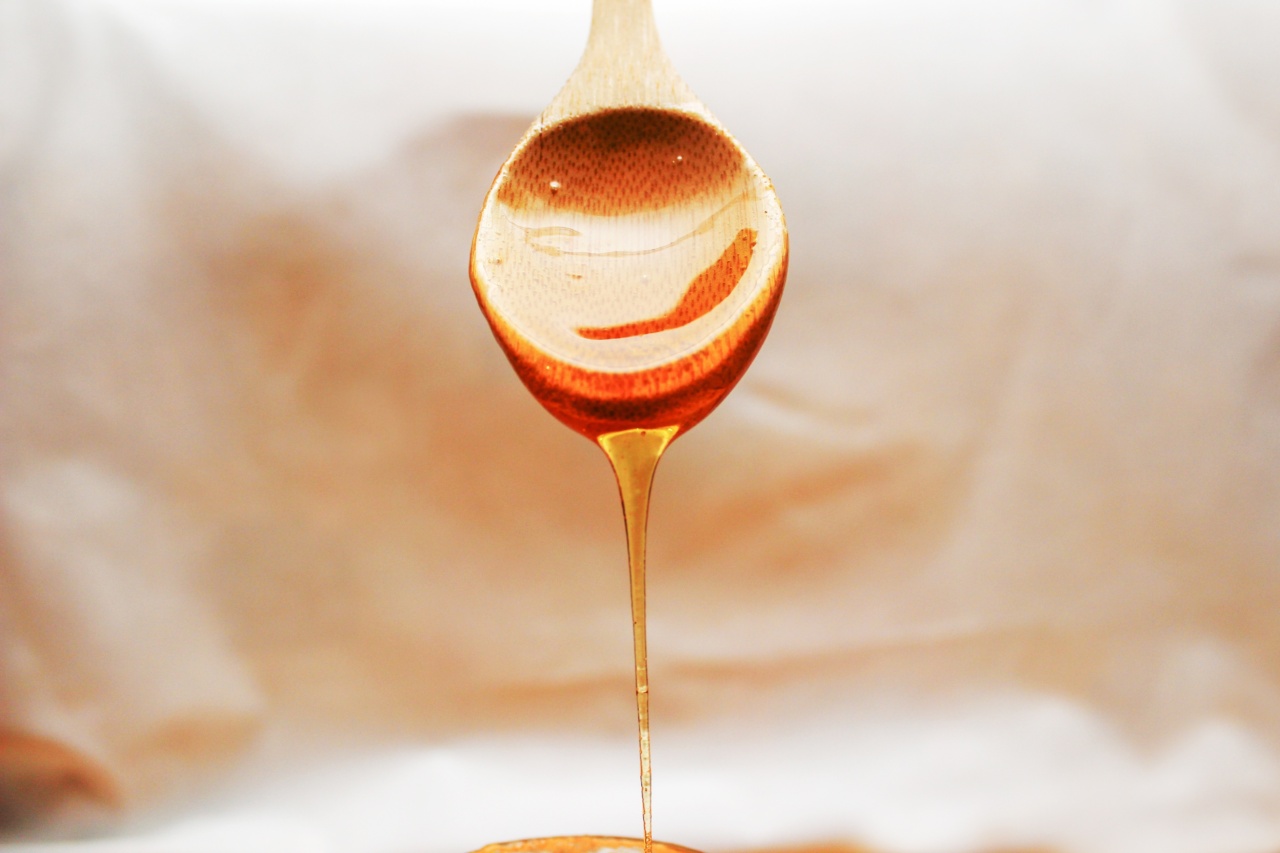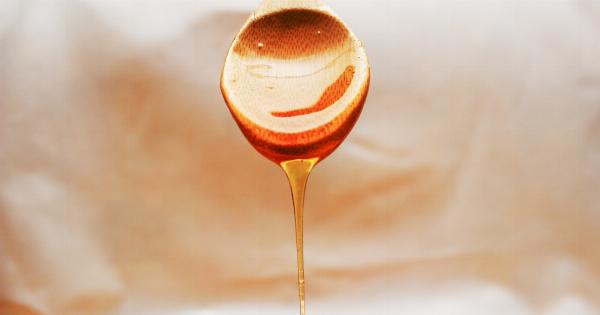Honey has been used for centuries as a natural sweetener and for its medicinal properties. It is created through the process of bees collecting nectar from flowers and then converting it into honey through regurgitation and evaporation.
There are various types of honey available in the market, each with its own unique flavor and health benefits. In recent years, Manuka honey has gained popularity and is often touted as a superfood. In this article, we will compare Manuka honey to traditional honey, exploring their differences in terms of taste, nutritional content, and health benefits.
Taste: Does Manuka Honey Differ from Traditional Honey?
To compare the taste of Manuka honey and traditional honey, it’s important to consider the floral source from which the bees collect nectar.
Traditional honey encompasses a wide range of flavors, as it can be derived from various floral sources such as clover, wildflowers, or orange blossoms. These different sources give traditional honey a diverse range of flavors, from floral and fruity to earthy and herbal.
On the other hand, Manuka honey comes exclusively from the nectar of the Manuka tree (Leptospermum scoparium) native to New Zealand. This gives it a unique flavor profile that is distinctly rich, earthy, and slightly bitter.
Some people describe it as having a caramel-like taste with a hint of herbs. The taste of Manuka honey can vary depending on the region and the season in which it is produced.
In terms of taste, traditional honey offers a wider range of flavors, while Manuka honey provides a specific and intense taste that may not appeal to everyone.
Nutritional Content: Manuka Honey vs Traditional Honey
Honey, irrespective of the type, contains a variety of naturally occurring sugars, mainly fructose and glucose. It also contains trace amounts of vitamins, minerals, and antioxidants.
However, the nutritional content can vary depending on the floral source, processing techniques, and geographic location.
Manuka honey, being derived from the nectar of the Manuka tree, is known to have higher levels of certain compounds compared to traditional honey. One of the most notable compounds found in Manuka honey is methylglyoxal (MGO).
MGO is believed to be responsible for many of the health benefits associated with Manuka honey. Additionally, Manuka honey has been found to have higher levels of antioxidants compared to traditional honey.
Traditional honey, on the other hand, may offer a more diverse range of nutrients depending on the floral source.
For example, honey derived from citrus blossoms may contain higher levels of vitamin C, while honey from buckwheat flowers may have higher concentrations of antioxidants.
Health Benefits: Is Manuka Honey Superior to Traditional Honey?
Both Manuka honey and traditional honey have been used for their medicinal properties for centuries. However, Manuka honey has gained significant attention for its potential health benefits, thanks to its unique composition and specific compounds.
Manuka honey is often praised for its antibacterial properties. The high concentration of MGO in Manuka honey is believed to contribute to its antimicrobial effects.
It has been shown to be effective against various strains of bacteria, including antibiotic-resistant ones like MRSA (Methicillin-resistant Staphylococcus aureus). Traditional honey also exhibits some antibacterial properties, but the extent may vary depending on the floral source.
Manuka honey is also known for its potential wound healing properties. It has been used as a topical treatment for burns, ulcers, and skin infections.
Some studies suggest that Manuka honey stimulates tissue regeneration and accelerates wound healing compared to traditional honey.
Both Manuka honey and traditional honey are believed to have antioxidant properties, which can help reduce oxidative stress and inflammation in the body.
However, Manuka honey, with its higher antioxidant content, may provide a more pronounced effect in this regard.
Other Factors to Consider: Price and Authenticity
It’s important to consider factors beyond taste and health benefits when comparing Manuka honey to traditional honey. One significant factor is the price.
Manuka honey tends to be more expensive compared to traditional honey due to various reasons such as limited supply, higher production costs, and the unique properties it offers.
Another important factor is the authenticity of Manuka honey. Due to its popularity, there have been cases of counterfeit Manuka honey flooding the market.
To ensure you are purchasing genuine Manuka honey, look for a certification or a UMF (Unique Manuka Factor) rating on the product label. This rating indicates the presence of beneficial compounds and assures the quality of Manuka honey.
Conclusion: The Verdict on Manuka Honey vs Traditional Honey
In conclusion, both Manuka honey and traditional honey offer unique flavors, nutritional content, and potential health benefits. The choice between the two ultimately comes down to personal preference and the specific benefits one is seeking.
If you are looking for a honey with a diverse range of flavors, traditional honey may be the way to go. However, if you are interested in the potential antimicrobial and wound healing properties, Manuka honey with its higher concentrations of MGO and antioxidants may be a suitable choice.






























